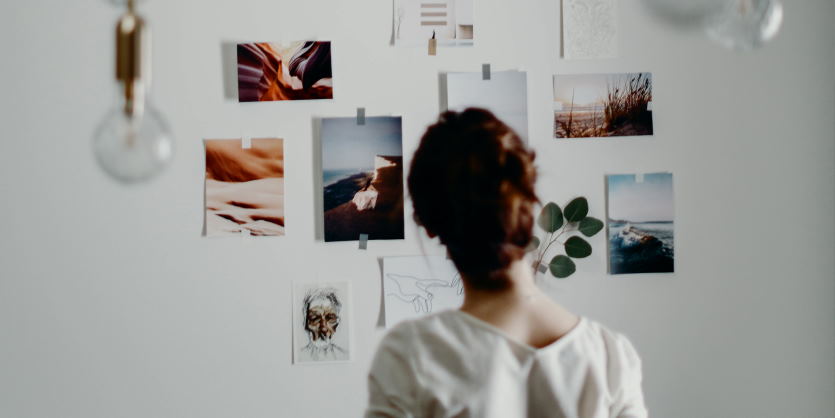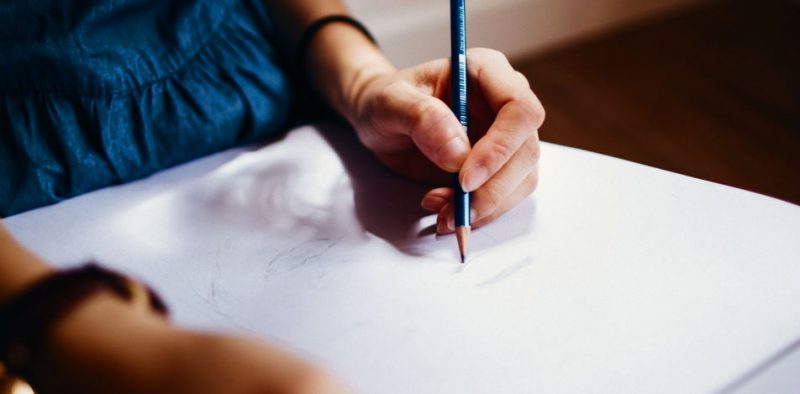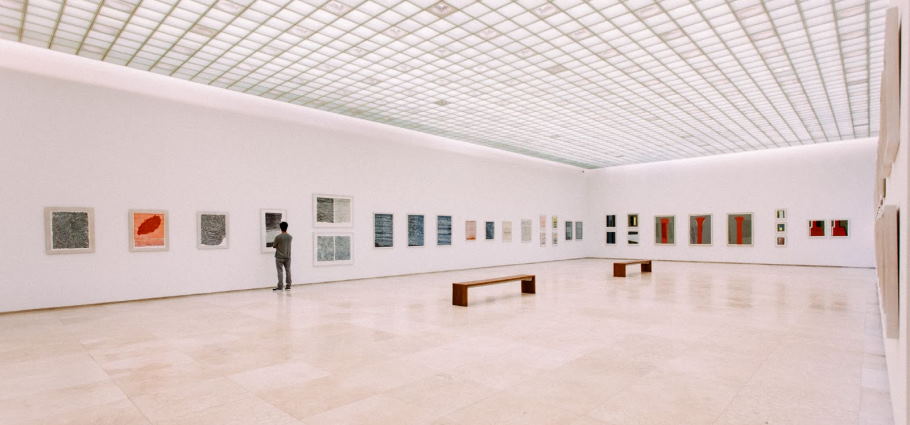Finding inspiration for your artwork can be difficult. You may find yourself staring at a blank canvas or paper for hours, with no idea where to start. Finally, you’ve come to the right place if you’re looking for new ideas to help get your creative juices flowing. This post will share different ways to find artistic inspiration and get those ideas flowing. Whether you’re an experienced artist or just getting started, these tips will help you create beautiful works of art that express your unique individuality. So let’s get started!

Sources for finding inspiration for your art
There are many ways to find artistic inspiration. You can look for it in the world around you or find it within yourself. Here are some different ideas to help you create art:
- Look for inspiration in nature. Nature is a great source of inspiration for artists. Spend time outside and take in the beauty of your surroundings. Pay attention to the colors, textures, and patterns that you see. This can help you come up with new ideas for your own artwork.
- Take a look at other artists’ work. Seeing what other people have created can give you some great ideas for your own art. Visit art galleries, or look online at websites that showcase artists’ work.
- Find inspiration in everyday objects. Sometimes the best art comes from the simplest things. Take a look around your home and notice the items that you use every day. These can be great sources of inspiration for your artwork.
- Look to your own experiences for inspiration. Think about your own life experiences and how they have affected you. This can help you create artwork that is personal and meaningful to you.
- Get inspired by music. Music can be a great source of inspiration for artists. Listen to different types of music and pay attention to the feelings that it evokes in you. This can help you create art that has its own unique style.
- Use your imagination. Sometimes the best artwork comes from the artist’s imagination. So let your mind wander and see what you can come up with.
- Take a break. If you’re having trouble coming up with ideas, take a break from art altogether. Go for a walk, watch a movie, or read a book. Sometimes the best way to find inspiration is to take a break from trying to find it.
- Try something new. Trying new things can also help you find inspiration for your artwork. Experiment with different mediums, styles, and techniques. This can help you discover new ways to express yourself through art.
- Keep a journal. Keeping a journal is a great way to document your creative process and track your progress. This can help you look back on your work and find new ways to improve it.
- Seek feedback. Getting feedback from others can help you see your artwork from a different perspective. Ask friends or family members for their honest opinions about your work. This can help you make necessary changes to create better art.
Ways artists can get motivated
- Set some goals: Decide what you want to accomplish and plan how you will achieve it. Whether you want to complete a certain number of paintings in a year or increase your social media following, having specific goals in mind will help you stay focused and motivated.
- Get organized: Create a space dedicated to your art practice. This can be as simple as setting up a small desk in your bedroom or renting a studio space. Having everything you need in one place will make it easier for you to get started on your projects and avoid distractions.
- Take breaks: It is important to step away from your work from time to time in order to avoid burnout. Take regular breaks to stretch, walk around, or take a few deep breaths. This will help you come back to your work with fresh eyes and renewed energy.
- Find a support group: Connecting with other artists can provide valuable feedback and inspiration. Joining an artist group or participating in online forums can help you feel connected to a community of like-minded individuals.
- Set realistic expectations: It is important to be realistic about what you can accomplish in a given period of time. Trying to do too much at once can lead to frustration and defeat. Instead, start small and build up gradually to avoid becoming overwhelmed.
- Reward yourself: Give yourself something to look forward to after completing a project or reaching a goal. This could be as simple as taking a break to watch a movie or buying yourself a new art supply. Recognizing your accomplishments will help you stay motivated and focused.
- Take care of yourself: To be productive, it is important to take care of your physical and mental health. Make sure to get enough sleep, eat healthy meals, and exercise regularly. This will help you maintain energy and focus while working on your art.
- Persist: Despite setbacks and discouragement, it is important to keep going. Remember that even the most successful artists have had their share of rejections and failures. The key is to learn from your mistakes and keep moving forward.







